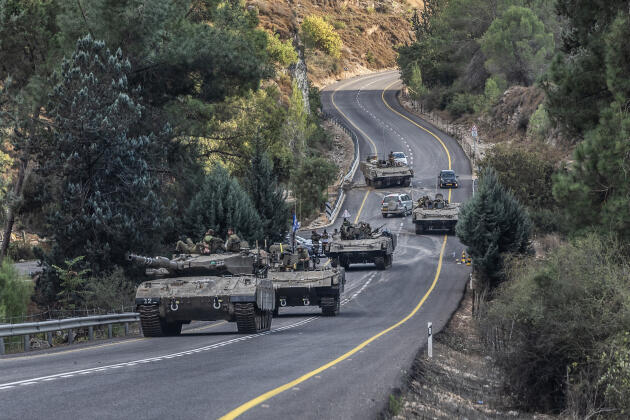The attacks in Mumbai: is there a Pakistani connection?
First published as an op-ed by the Spanish daily ABC
After a long series of Islamist bombing campaigns in big Indian cities in the last two years, including Mumbai where 209 people were killed in July 2006, the multiple Mumbai terrorist attacks could signify a major escalation in the conflict between India and Pakistan.
In his statement to the nation, the Indian Prime Minister, Manmohan Singh, said that the attacks probably had “external linkages,” and were carried out by a group “based outside the country.” The prime minister did not name Pakistan but he threatened that there would be a “cost” to “our neighbors,” if their territory was found to have been used as a launching pad. The Indian special secretary at the Home Affairs Ministry, M. L. Kumawat, said that Lashkar-e-Toiba, an Islamic militant group operating out of Pakistan, was a “distinct possibility” as responsible for the attack.
One should consider this major terrorist operation in the framework of the three levels of conflict between India, and Pakistan and Islamist extremists in Pakistan and India itself: the old nationalist conflict of the Muslim separatists in the Indian Kashmir, which Pakistan helped develop into a religious conflict since the military coup by General Zia ul-Haq in 1977; the support of terrorism inside India after 9/11 by the Pakistani intelligence (ISI) via Lashkar e-Toiba and other groups; and the violent conflict between Hindu nationalists and Muslim extremists fueled by the killing of Muslims in India and the demolition of the Babri Masjid mosque (in Ayodhya) in December 1992.
The India-Pakistan relations have lately been exacerbated by two strategic issues: the close relations of India with the Karzai government in Afghanistan, seen by Pakistan as a major battle ground for regional strategic dominance; the noticeable improvement in the relations between India and the United States, especially in the nuclear field, detrimental to the Pak-US relations.
The attacks, which involved for the first time the hostage taking of numerous American, British, Israeli and other Western citizens, were clearly devised to provoke political and economic instability, worsen the already tense relations with Pakistan and increase the tension between Hindus and Muslims in India. From this point of view it was probably a success.
The decision to stage the attacks several days before the state elections scheduled next week in India, remind us of the 11 March 2004 Madrid bombings.
Interestingly, terrorists holed up inside Mumbai’s Taj and Trident-Oberoi hotels allowed 17 Russian hostages to leave after checking their passports, in spite of the known grudge of the Islamists against Russia because of the Chechen conflict. Is this related somehow to the new “honeymoon” between Russia and the Arab world?
Pakistan Prime Minister Yousuf Raza Gilani on Friday accepted a request from his Indian counterpart Manmohan Singh to send the ISI chief to India to “cooperate in the investigation of the Mumbai attacks and for sharing certain information.”
It is not sure that this noteworthy gesture (which was meanwhile downgraded by the Pakistanis to the visit of “a senior” intelligence officer) will prevent a serious crisis in the Indo-Pakistan relations, the two big, hostile nuclear nations. Everything depends on the results of the investigation of the identity of the terrorists and the support they received for the attacks.
During the last years, Pakistanis or European citizens of Pakistani origin have been involved in the 7 July 2005 suicide bombings in the London underground after training in Pakistan, dozens others have been arrested in the UK, and Spain, for preparing major international terrorist attacks. On this background, European countries should be more aware of the threat coming from Pakistan, whose great political instability represents a clear present and future threat to its own people, neighboring countries, and the world at large.






